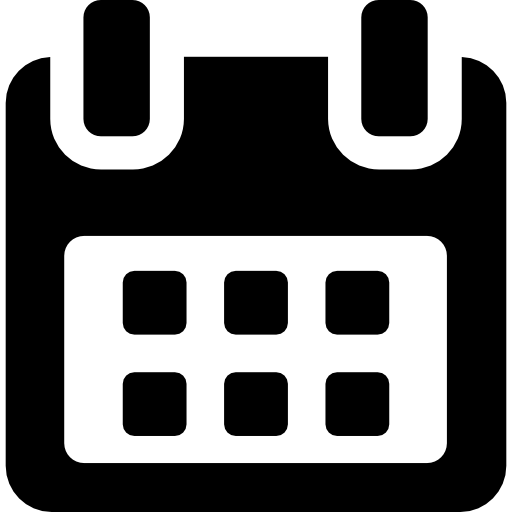Introduction
The initial results of the SPRiNG study show that many nursing students at Rotterdam University of Applied Sciences experience physical and/or mental problems. Of the first-year students (2020-2021), almost one-third experience distress (unpublished data); for third-year students this proportion can rise to just over half (Kox et al., 2020). Almost four out of five third-year students experience neck, back and/or limb complaints on a regular or long-term basis; here too, this figure is higher than that for first-year students (unpublished data).
It is important to timely notice that a student is becoming mentally or physically overburdened or is developing serious complaints. With this in mind, Codarts University for the Arts has developed a health monitoring-feedback system: the Performing Artist and Athlete Health Monitor (PAHM). This system gives students of the music, dance and circus programmes insight into their own physical and mental health and the severity of possible health complaints. In addition, questions are asked about related matters, such as sleep quality and lifestyle. Following on from this, Codarts has developed general health modules and, for students with more serious problems, an individually oriented support offer. PAHM has been proven effective in reducing complaints and absenteeism (reduction of more than 80 percent) (Janine Stubbe, personal communication, 18 June 2021). The system is now also being used by renowned parties, such as the Dutch National Ballet, Nederlands Danstheater and the Feyenoord football club.
Project description
Goal
To give students insight into their own mental/physical health with individual feedback and advice, and to prevent escalation to serious problems by referring them to a support service to be developed at the same time.
Structure
Monitoring the physical and mental health of our students by means of a web application that periodically provides the student with an online questionnaire in a secure environment. Via a personal dashboard, the student will receive feedback on his/her individual results in relation to average scores of year-mates or comparable student groups, as well as insight into his/her personal progress. On indication, the student will be referred to the support offered (partly still to be developed) (see also 'Preconditions').
For the monitoring we use the web application developed by Codarts. From conversations with the research team and Codarts software developers, it appeared that only the content of the questionnaires needs to be adjusted. Adjustments are easy to implement in the system, so that the application can be used for the Nursing programme without many modifications.
Based on the SPRiNG study and Codarts experiences, we can select the questionnaires which are most relevant for this purpose. The final interpretation will also depend on – among other things – the results of a needs inventory among students (project minor Take the Lead).
Intended results
- In the spring of 2022, a pilot project will start among one hundred second-year students (6-7 direction classes), after which, starting in the school year 2022-2023, scaling up can take place among all second-year students, and pilots can be started in the first, third and fourth years. In this way, we can implement the feedback from the students in the pilot into the final version of the system.
- In the course of 2023, the health monitoring feedback support system will be implemented across the entire Nursing programme.
Project details
|
2021 - 2024 |
No funding |
|










